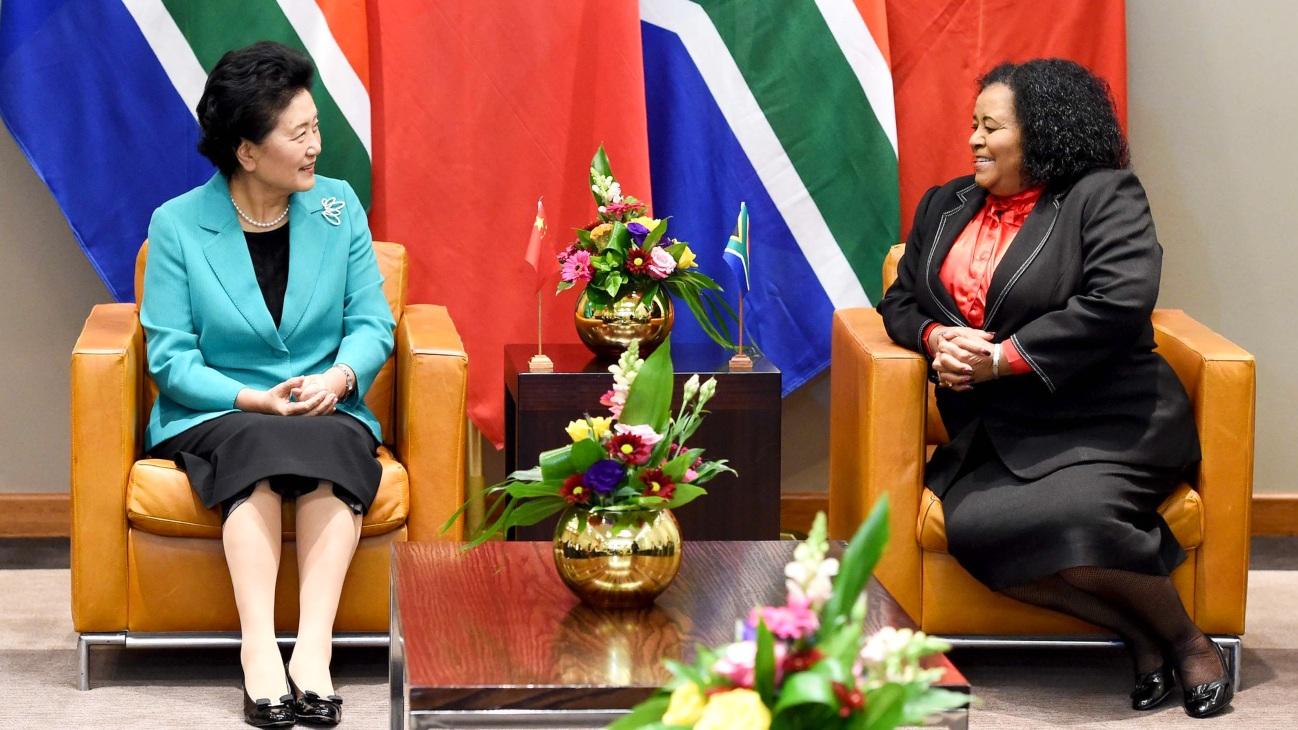LSE’s Sylvia Chant explores how un- and under-employed Gambian men use social spaces to build relationships and networks. This post originally appeared in Urban Vignettes.
All young men ‘hang out’ together everywhere, as do young women, but this often takes different forms and meanings in different contexts. In that of urban Gambia, where as many as 40% of youth are estimated as unemployed, where poverty levels are high, and where places for recreation are limited, male youth frequently congregate in the street.
Sitting for hours at a time by day on plastic chairs or tiled benches carved into the outside of compound walls, or under the shade of roadside trees (and by night often migrating to the steps or porches in front of shops and office buildings), the social space of the ‘voo’ (or ‘ghetto’) evolves.
Here the comfort of social contact with like-minded peers (some who may have no prior relationship with other members of the group) is established over a brazier on which there is constantly brewing a pot of heavily-sweetened ‘ataya’ (mint tea), typically emptied one or two small glass tumblers which are drunk in turn by each participant. It is not just the sharing of the tea glasses which helps to affirm solidarity, but that everyone plays their part in providing the component resources for the ritual, right down to the charcoal, matches, sugar, mint leaves and teapot.
Beyond this, and perhaps more critically, the ‘voo’ offers young un- and under-employed men an environment in which they can publicly affirm masculine identity, as well as to exchange views on their predicaments, articulate their dreams and aspirations, pool knowledge of opportunities, and strategise for the future by reflecting on the successes and failures of others in their social networks.
Sylvia Chant is Professor of Development Geography at the London School of Economics and Political Science (LSE).






